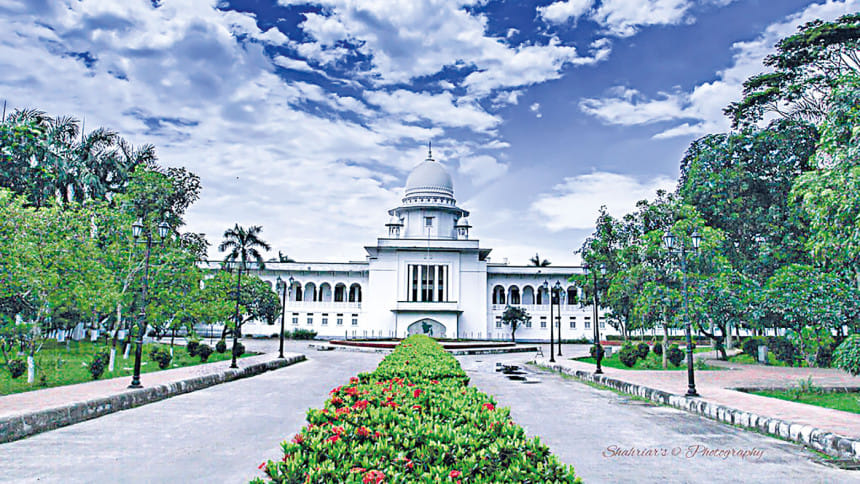Who can get fundamental rights enforced against whom?

Under article 102(1) of the Bangladesh Constitution, the High Court Division on the application of any person aggrieved, may give such directions or orders to any person or authority, including any person performing any function in connection with the affairs of the Republic, for the enforcement of any of the fundamental rights conferred in this Constitution. Over the years, this article has been liberally interpreted so as to make its application more just, non-technical, and accessible.
In an early case, Mohiuddin Farooque v Bangladesh and others (1996), the Appellate Division went for a liberal interpretation of the term "aggrieved" as appearing in article 102(1). For instance, the Court described the expression "person aggrieved" as not only "any person" who is personally aggrieved but also as one whose heart bleeds for his less fortunate fellows for a wrong done by the Government or a local authority in not fulfilling its constitutional or statutory obligations. Thus, the Court opened its doors to public-spirited or public-interest litigations— litigations filed on behalf of an aggrieved collectivity. Similar observations were made in Ekushey Television Ltd. (2002), Mrs. Parvin Akhtar (1997), Bangladesh Ship Builders Association (2010).
Over the years, article 102(1) of the Constitution of the People's Republic of Bangladesh has been liberally interpreted so as to make its application more just, non-technical, and accessible.
The Appellate Division in Tayeeb v Bangladesh and others (2011), went on to interpret "on an application" liberally. The Court held that where fundamental rights of citizens is infringed, the High Court Division can issue suo motu Rule even in absence of an "application" filed. The Court further observed that curtailment of rights must be amenable to writ jurisdiction and in absence of an application, even newspaper reports, post-cards, or any other written materials coming to the judicial notice of the Court, may be treated as application made by a person aggrieved.
In Moulana Md. Abdul Hakim (2018), the High Court Division extended the ambit of article 102 by allowing an individual to claim reliefs against a private person/entity. The court observed that "when issues of fundamental rights are raised, the sanction of redress under Article 102(1) is clearly of availability against "anyone", or "any authority", inclusive of "any person performing any function in connection with the affairs of the Republic". The reference to Government functionaries must, accordingly, be seen as an appendage made to the broader category of "anyone" or "any authority" by way of abundant caution.
In Liberty Fashion (2018), the High Court Division, referring to the Abdul Hakim case, held that the language of article 102(1) of the Constitution clearly entails that a person must be aggrieved by the action or order of "any person" including a person acting in connection with the affairs of the Republic. As per the Court, when any fundamental right of a person is violated, the remedy provided by article 102(1) is available to the aggrieved person irrespective of whether the violator is in the service of the Republic or in any local authority or statutory body or even in a private capacity.

 For all latest news, follow The Daily Star's Google News channel.
For all latest news, follow The Daily Star's Google News channel. 



Comments